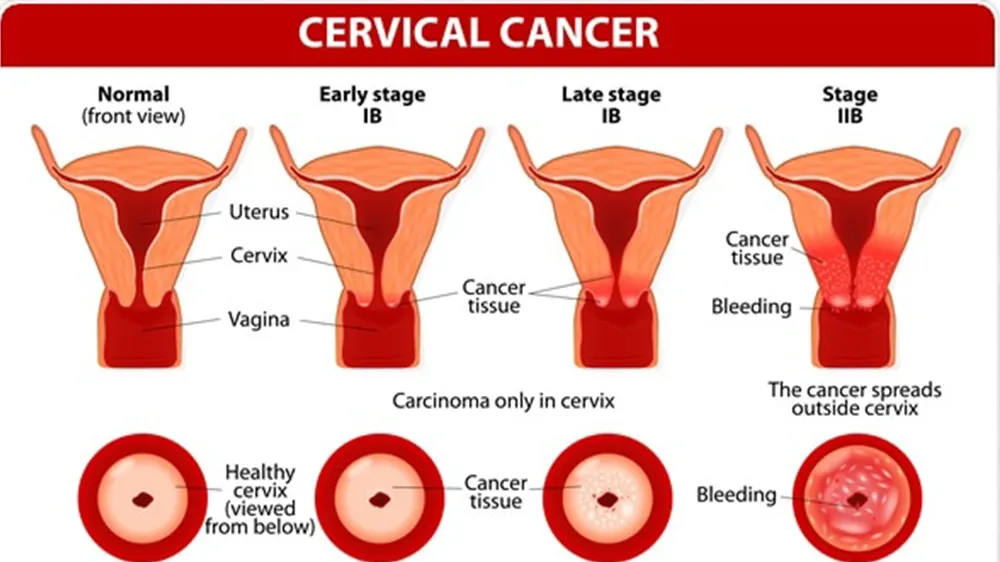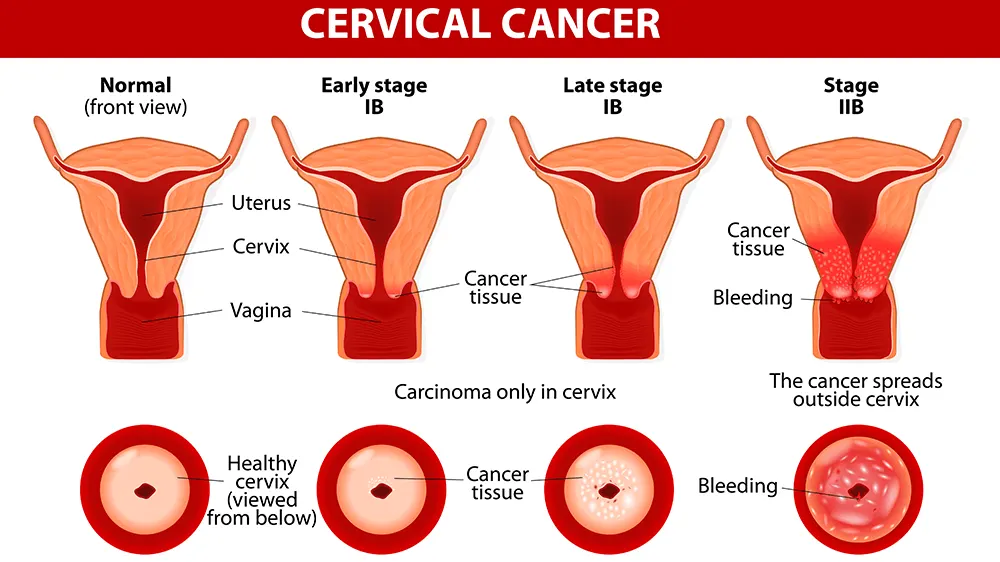Dr. Grace Adjoa Ocansey, a Clinical Epidemiologist, has emphasized the importance of preventing and treating cervical cancer, asserting that no woman should succumb to the disease as it is both preventable and curable.
In an interview with the Ghana News Agency, Dr. Ocansey highlighted that cervical cancer arises when cells of the cervix undergo changes to precancerous cells. While not all precancerous cells progress to cancer, early detection and treatment are crucial to preventing the disease and its associated fatalities.
Dr. Ocansey underscored the urgency for collective action against cervical cancer, which remains the second most diagnosed cancer and the second leading cause of cancer-related deaths among Ghanaian women. She urged various stakeholders, including healthcare providers, religious institutions, youth groups, schools, and civil society organizations, to engage in education and advocacy efforts to combat the disease.
Despite Ghana's national strategy for cancer control developed in 2011, progress has been limited in reducing cervical cancer incidence and mortality rates over the past decade. Dr. Ocansey emphasized the need for implementing key strategies outlined by the World Health Organization, such as HPV vaccination for girls below 15 years and population-based screening for women.
Cervical cancer progresses through four stages, ranging from localized lesions in the cervix to metastasis to distant organs. Dr. Ocansey stressed the importance of regular screenings, including pap tests, HPV tests, or pelvic exams, for early detection and prompt intervention.
Treatment options for cervical cancer include surgery, radiation therapy, chemotherapy, targeted therapy, cryotherapy, and thermal coagulation. Dr. Ocansey urged women to prioritize their health by undergoing screening tests, emphasizing that early detection significantly improves the chances of successful treatment.
In conclusion, Dr. Ocansey called for increased awareness, proactive screening, and timely intervention to combat cervical cancer effectively and prevent unnecessary loss of lives among Ghanaian women.









